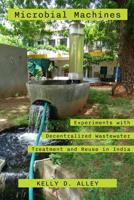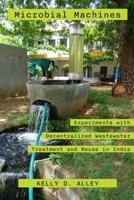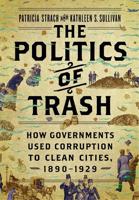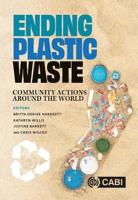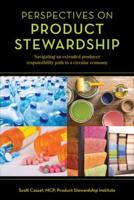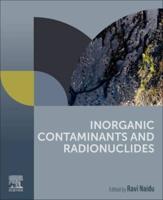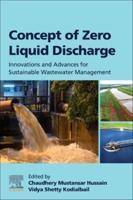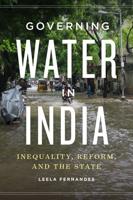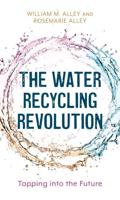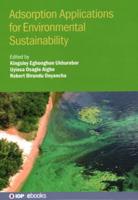Publisher's Synopsis
We were afraid of its impenetrable darkness. Afraid of its industrial smell. We were afraid of the things that lived beneath its surface and the things that had died there. We were afraid of spotting a hand or a head bobbing in the rafts of garbage that floated by. We were afraid of submerged intake valves that sucked water into the factories along the banks. We were afraid of the river's filth. It wasn't the kind of filth that came from playing with your friends. It was grownup filth. The kind that scared the blue out of water and coated the riverbank with oily black goo. It was the kind of filth you could taste, the kind that could make you sick, maybe even kill you. We were afraid of getting splashed with river water or of touching river rocks. We were afraid of falling in or-God forbid-going under. We were afraid of the river's anger at being so befouled, and afraid, most of all, of the revenge we felt certain the river would exact.
New Jersey's Passaic River rises in a pristine wetland and ends in a federal Superfund site. In An American River, author and New Jersey native Mary Bruno kayaks its length in an effort to discover what happened to her hometown river. The Passaic's wildly convoluted course invites detours into the river's flood-prone natural history, New Jersey's unique geology, the corrupt practices of the Newark chemical plant that produced Agent Orange and poisoned the river with dioxin, and into the lives of an unforgettable cast of characters who have lived and worked along the Passaic and who are trying, even now, to save it. Part natural history, part personal history, part rollicking adventure, the book is a narrative meditation on the wonder of nature, the enduring ties of family, and the power of water and loss. "My great grandmother liked to say, 'Don't shit in the nest, '" writes Bruno. "The Passaic River is an object lesson in what can happen when we ignore that simple, salty advice."
"An American River is an intricate and satisfying braid of memoir, history, science, nature writing, and acute social observation. This is an invigorating and hopeful book, and its sense of wonder is infectious. It's not, I think, too great a stretch to say that it holds its own on the shelf alongside Walden, Silent Spring and A Sand County Almanac."
Jonathan Raban Author of Driving Home: An American Journey
